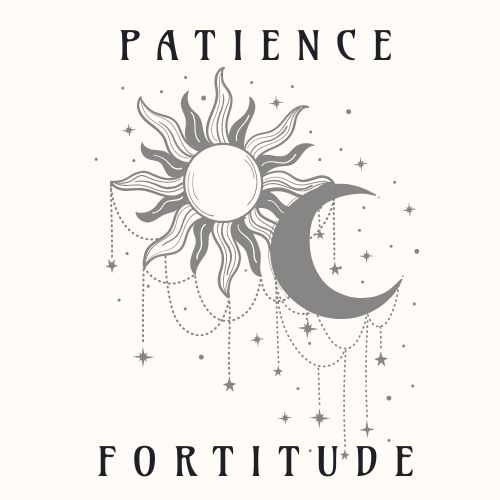Authoria: Grieving Futures is my free book detailing my experiences dealing with the deaths of my parents when I was in my mid-twenties. You can download it, share it, copy it, whatever you want. My goal has always been to make it as widely and freely available as possible (I’m working on getting an version up for Kindle and other ereaders, as well as an audio version). To that end, I’ve decided to start posting it here in small chunks once a week on Thursdays. I’ll be shoving it under a “cut” so that if you find the subject upsetting, if you aren’t ready for it, or if it doesn’t apply to your life you can scroll over it easily.
It’s not a long book, but it’s not a short one either. This is gonna take a while, so remember that you can always download the whole thing and read it at your leisure.
~~~~~~~~~~~
INTRODUCTION:
I have started this book many times over. I never know where to begin, even though the most basic advice given to any writer is “begin at the beginning.” When you are talking about the death of your parents, though, where is the beginning? When you were born? When you first remember them in your childhood? When you realized they were mortal, or dying, or already dead? Where is the beginning of the end to your whole life?
Yet, I always come back to trying to start this book, because back in 1996 I really needed it but it did not exist. I was 26 and had lost everything, which is not quite hyperbole: at the end of the most trying three years of my life, I had lost my mother, my father, one of my cats, my home and nearly everything in it, and both of my dogs. It was more than a little traumatic, the description of which words utterly fail to convey.
Using my usual method of dealing with anything I do not understand, I read about it. I read a lot of books on grief, and I cannot say that was wasted effort. Books such as C.S. Lewis’ A Grief Observed and Stephanie Ericsson’s A Companion through the Darkness were important to me, and remain so after all these years. But I was 26 and I had not lost my spouse or my child or a friend, but my parents. There is no way to claim that one type of death is more catastrophic than another (although I will always suspect losing a child to be the worst), but they each have different dynamics. As most grief survivors know, there is nothing more affirming than meeting someone who has been through what you went through and recognizing the shared experiences of it.
I am not a mental health professional, though, and this book is specifically about my own experiences, but I hope that by writing it others who are going through the loss of their parents might find some common ground. What I needed back then was not just the usual bywords given to mourners (“it takes time,” “take care of yourself”, “don’t judge your grief process”, etc.) but also the particular observations of a young adult facing the rest of her life with her safety harness, her life raft, and her foundations ripped away. Everyone says “you can’t go home again” and they usually mean some deep, metaphorical statement by it, but for me it was literally true: home was dead and gone.
#
